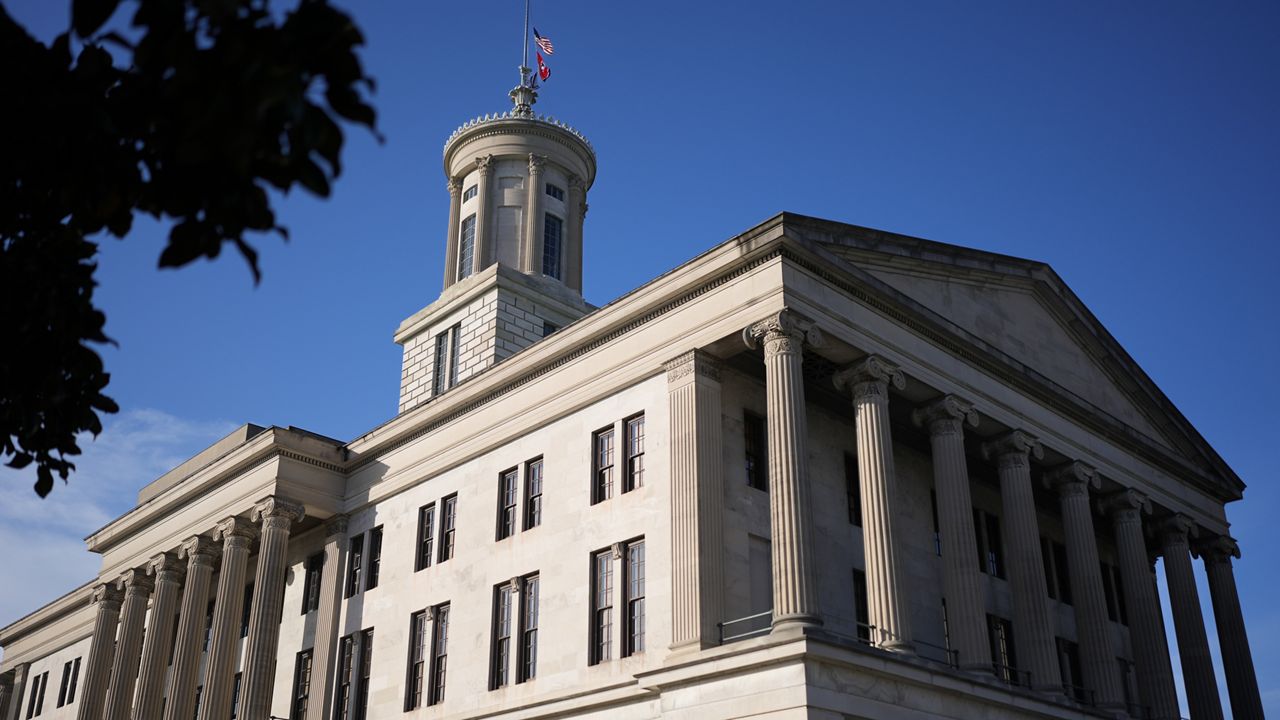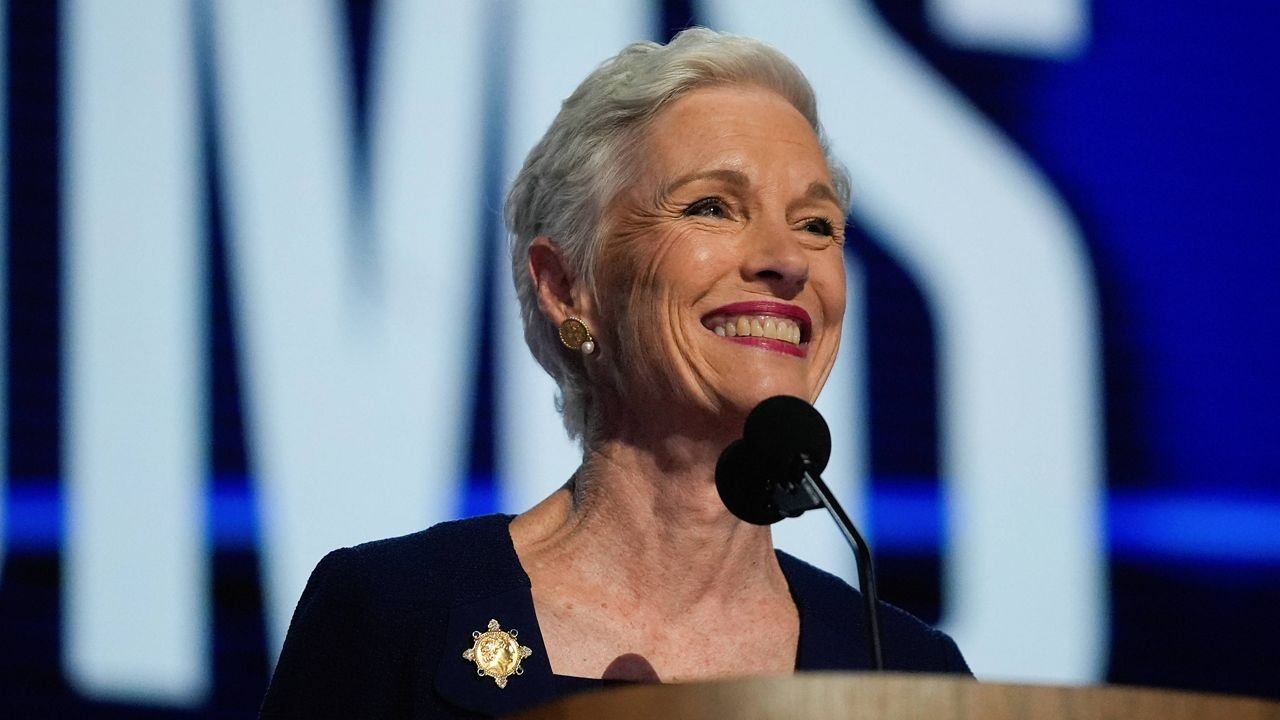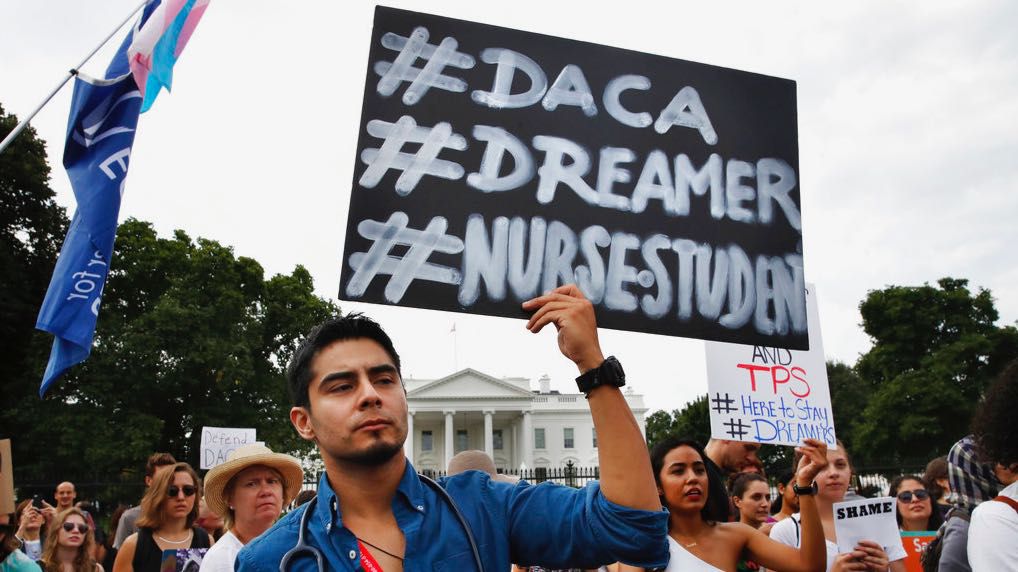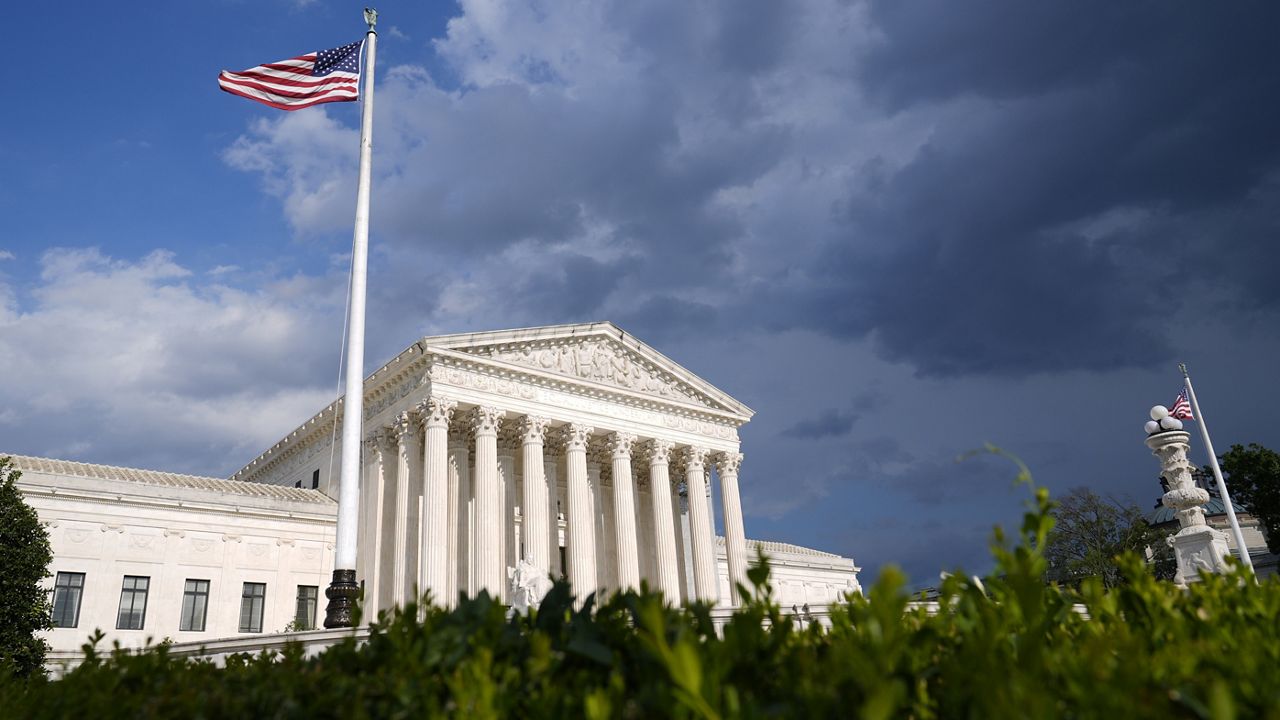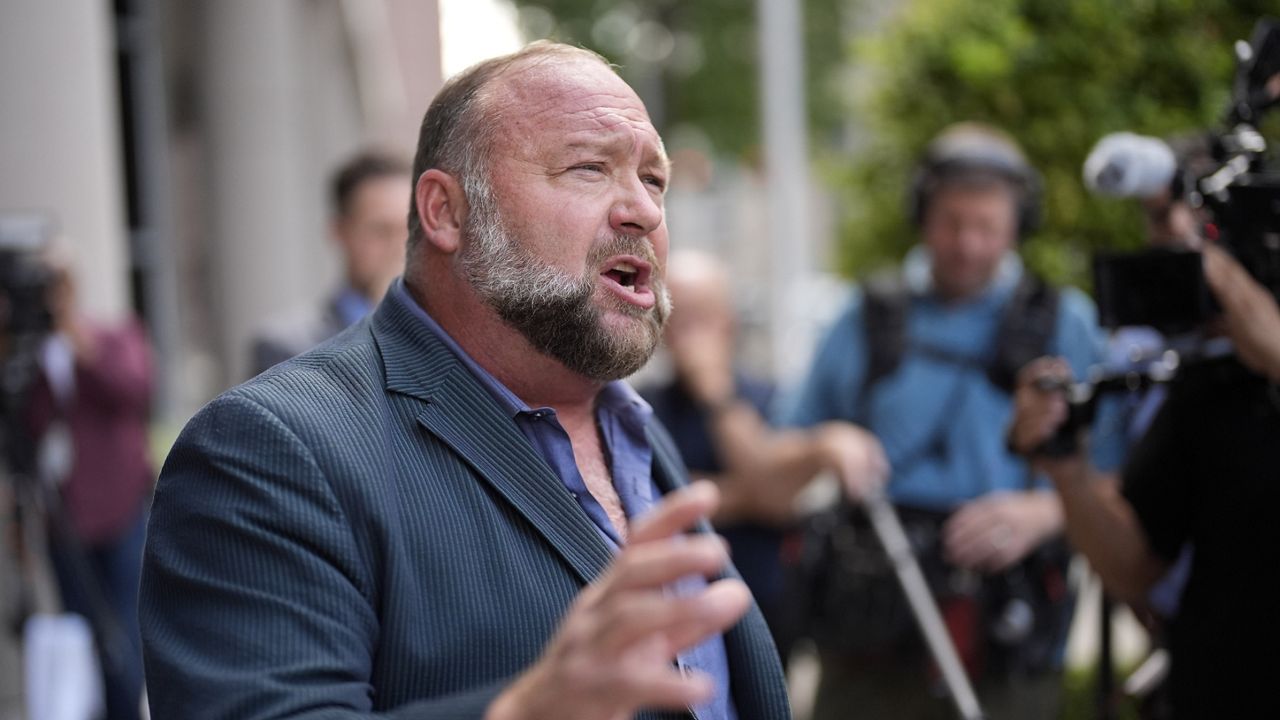NASHVILLE, Tenn. — A panel of appeals judges has ruled that Tennessee can begin enforcing a law that requires pornographic websites to verify their visitors’ age as the First Amendment debate rises to the U.S. Supreme Court this week for oral arguments over a similar Texas law.
On Monday, the 6th U.S. Circuit Court of Appeals panel ruled 3-0 that Tennessee’s law can take effect while a legal challenge continues. A district court judge had largely blocked the law from kicking in on Jan. 1 while a lawsuit continued, citing free speech protections for adults and saying the law would be ineffective at shielding minors from harmful content.
The Free Speech Coalition, an adult entertainment trade group, filed the lawsuit over Tennessee’s law and those in a half-dozen other states, including Texas. The coalition lists some 19 states that have passed similar laws.
In the latest Tennessee ruling, the 6th Circuit panel wrote that the district judge didn’t show that any potentially unconstitutional aspects of the law would outweigh its constitutional uses. It described the law’s goals as “to protect children from the devastating effects of easy access to on-demand pornography.”
Other appeals courts have reversed lower court decisions that had blocked similar laws in Texas and Indiana, the panel wrote. The Supreme Court declined to halt Texas’ law in April while a legal challenge by the Free Speech Coalition continues, and oral arguments are coming up Wednesday.
“We see no reason to keep Tennessee’s law on ice while Texas and Indiana may enforce theirs (against at least one of the same Plaintiffs), especially when the Supreme Court will soon offer guidance on the standard of review we should apply,” the 6th Circuit ruling says.
After the decision on Tennessee’s law, the website Pornhub began blocking access in the state. The website had already halted access in 16 other states with verification requirements it has called “ineffective, haphazard, and dangerous” and not properly enforced, according to its parent company, Aylo. The company is advocating for age verification on individual devices.
Tennessee’s law would require porn websites to verify visitors are at least 18 years old, threatening felony penalties and possible civil liability for violators running the sites. They could match a photo to someone’s ID, or use certain “public or private transactional data” to prove someone’s age. Website leaders could not retain personally identifying information and would have to keep anonymized data.
Age verification would be required if one-third of a website’s content is considered harmful to minors under state standards.
The Free Speech Coalition has argued the law would prove to be ineffective, unconstitutional and force people to transfer sensitive information.
In initially blocking the law, U.S. District Judge Sheryl Lipman in Memphis wrote that Tennessee’s requirement would not prevent minors from accessing adult sites using VPNs, or virtual private networks, that mask a user’s location. The law would also not stop them from viewing pornographic material on dark corners of the internet — or via social media sites, which would likely be shielded by the one-third content threshold, Lipman said.
The judge said the law’s impact could be overly broad, potentially affecting other plaintiffs such as an online educational platform focused on sexual wellness. She also noted that Tennessee’s definition of “content harmful to minors” extends to include text.
Lipman is an appointee of former President Barack Obama. Former President George W. Bush appointed two of the 6th Circuit judges. President-elect Donald Trump appointed the third.
Tennessee Attorney General Jonathan Skrmetti, who applauded the ruling, noted that the age verification requirement passed unanimously in the Republican-supermajority Legislature.
“As the Court of Appeals noted, this law seeks to stem the flow of toxic content to kids and keep adult websites adults-only,” Skrmetti said in an emailed statement.
Similar laws kicked in on Jan. 1 in Florida and South Carolina. Another age verification law is set to take effect in July in Georgia.



